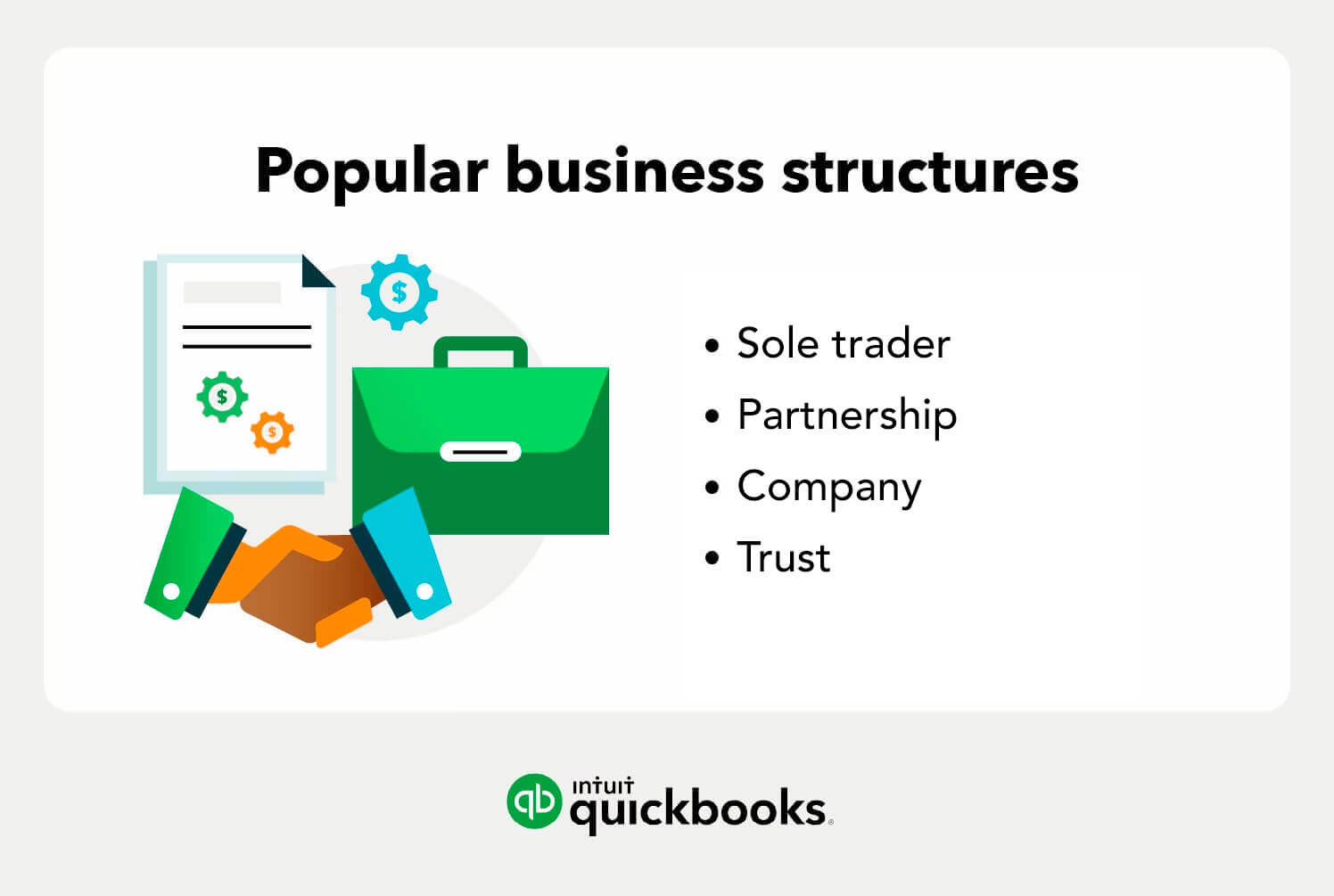When starting a new business, one of the key decisions you’ll make is its structure. Your business structure will impact the tax you pay, the cost to set up, the compliance admin you need to undertake and your legal protection. The right structure for you will depend on the type of business you want to start, its size and how you want to run it.
It’s worth noting: the structure you choose when starting won’t necessarily stay the same across the lifetime of your business. It’s not uncommon for a business to begin as a sole trader or partnership before moving to a company structure as they grow.




















